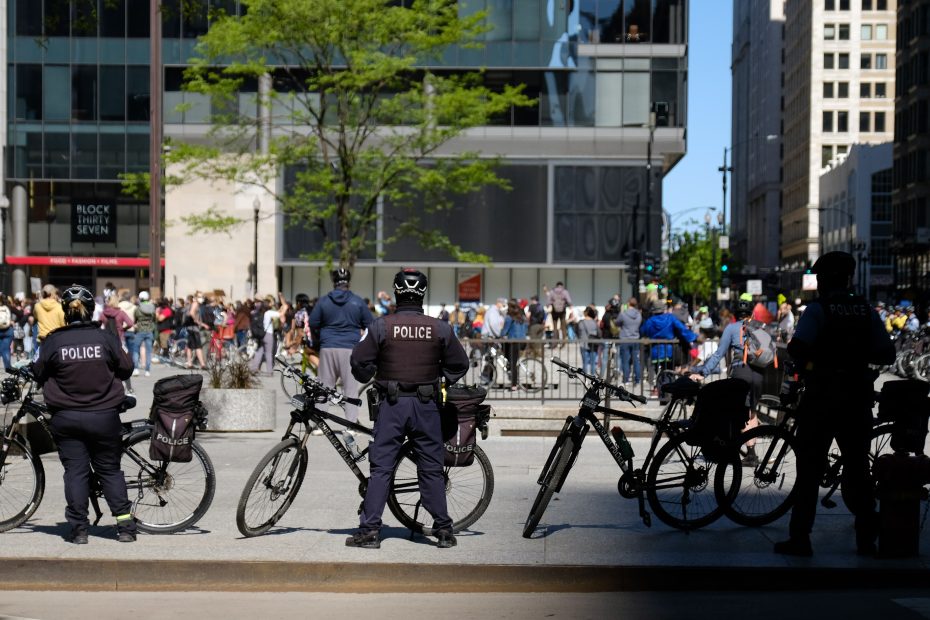
Terror attacks are the most traumatic events one may come across. You can imagine the magnitude of damage they can cause by considering the aftermath of the 9/11 attacks. Thousands were left dead, and survivors continue to live with toxin-induced medical conditions such as respiratory diseases, skin problems, and cancer. The impact on mental health also cannot be undermined because one may never forget the event for a lifetime.
But being a lucky survivor makes you different from others as you can inspire and motivate people with your courage and resilience. However, you must pick up the pieces of your life to get back on the road to recovery. Fortunately, going the extra mile with self-care can help you achieve your recovery goals. Let us share a few expert-recommended self-care tips for terror attack survivors struggling to deal with their suffering.
Accept the truth
Terror attacks are devastating, and they can take a toll on your health and working capacity. Surviving it makes you lucky, but your life may never be the same again. You may sustain severe physical injuries, or end up with long-term health issues due to toxin exposure. People often suffer from mental ailments like PTSD, depression, anxiety, and insomnia after going through traumatic experiences. You may blame yourself for being present at the location of the attack or feel rage against the attackers. But accepting the truth is the only way to start afresh because you cannot change anything about it.
Seek medical care
You must seek medical attention after a terror attack, whether you suffer from physical or mental health issues. You may want to overlook minor injuries like cuts and scrapes, but an underlying injury may always be possible. Seeking immediate medical attention is the key to getting a diagnosis and starting treatment. You shouldn’t ignore the potential mental health effects of the event, because you may definitely need help. Consider seeing a therapist sooner than later to prevent major issues from surfacing down the line.
Look for justice
Although it is hard to find the culprits for a terror attack, survivors and families of the deceased must still seek justice for their pain and suffering. The Zadroga Act is a savior for 9/11 survivors struggling with life-threatening ailments like cancer due to toxic smoke exposure. You can search for 9/11 lawyers near me to help you file a claim and get the compensation you deserve. Fair compensation sets you up for financial recovery and better treatment. Most importantly, it gives you peace of mind about getting justice, which makes it a form of self-care.
Join a support group
Survivors of terror attacks are never alone. They share their pain with many others dealing with the same trauma. You can look for local support groups or join one online to connect with like-minded people. Connecting with someone who shares the pain can help you handle your feelings better. Moreover, you can inspire others with your own experiences and seek motivation from their experiences. Healing is easier when it is a shared effort with people who feel the same way. You can go the extra mile by joining a meditation class or talk therapy group.
Talk about your trauma
Bottling up is a normal reaction for some people going through trauma after a terror attack. But it isn’t the healthiest way to deal with your pain, as you may end up internalizing it. Speaking up helps you vent your negative feelings because it reduces your stress and burden in the long run. Therapists recommend talking about your trauma with someone you trust. A family member, friend, colleague, or member of a support group can be the right person to share your pain with. You may see a social support worker if you do not have anyone else to talk to about the event. Discuss your fears, apprehension, and negative feelings to eliminate them for good.
Being a terror attack survivor is the hardest thing one can imagine, even if you are lucky to get through alive. But you cannot let the situation make you a different person who lives in constant fear and trauma. Although the experience will likely stay with you for a lifetime, embracing a new perspective can definitely put you in a better place to deal with it. Self-care is the best solution to deal with physical pain and mental woes. Stick with the basics, such as eating well, staying active, and getting adequate sleep. Follow these actionable self-care tips to get the best results and resume normalcy.
